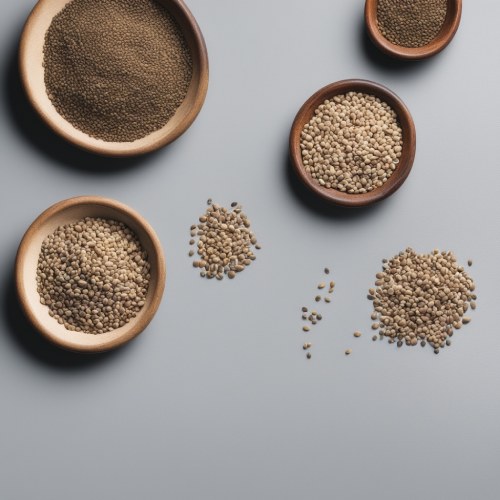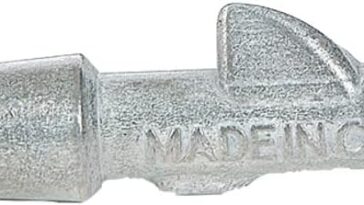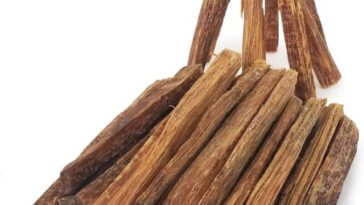The Crucial Role of Heirloom Seeds in Times of Crisis
In times of crisis, whether it’s a natural disaster, economic collapse, or any scenario where access to stores is limited, the importance of self-sustainability becomes glaringly evident. In such situations, heirloom seeds emerge as invaluable assets, offering a lifeline for survival and resilience. In this blog post, we’ll explore why heirloom seeds are indispensable during SHTF (Sh*t Hits The Fan) scenarios, methods of obtaining them, and the critical role of self-sustaining gardens in ensuring survival.
The Importance of Heirloom Seeds in SHTF Situations:
- Genetic Resilience: Heirloom seeds, unlike hybrid or genetically modified varieties, possess genetic diversity that equips them with resilience against adverse conditions. This diversity increases the likelihood of at least some crops thriving despite unpredictable circumstances such as erratic weather patterns or soil degradation.
- Sustainability and Longevity: Heirloom seeds are open-pollinated, meaning that if properly saved and stored, they can be replanted year after year, ensuring a sustainable source of food for the long term. This self-reliance contrasts starkly with reliance on store-bought seeds, which might become inaccessible during crises.
- Nutritional Security: In a disaster scenario, access to nutritious food becomes a priority. Heirloom varieties often boast superior flavor, nutritional content, and adaptability, offering a diverse range of fruits, vegetables, and grains that can sustain health even in challenging circumstances.
Ways of Obtaining Heirloom Seeds:
- Seed Saving: Learning to save seeds from your own harvests is a crucial skill for resilience. By selecting and saving seeds from the healthiest and most vigorous plants, you can adapt crops to local conditions and ensure a continuous supply of heirloom seeds.
- Seed Banks and Exchanges: Many communities maintain seed banks or participate in seed exchanges where heirloom varieties are shared and preserved. Engaging with these networks can provide access to a wide range of heirloom seeds and support collaborative resilience efforts.
- Online Sources: Several online platforms specialize in heirloom seeds, offering a convenient way to purchase or exchange seeds even when local resources are scarce. These platforms often prioritize organic and non-GMO seeds, further enhancing their suitability for survival gardening.
The Importance of a Self-Sustaining Garden During Crisis:
- Food Security: A self-sustaining garden can significantly enhance food security during emergencies, providing a reliable source of fresh produce when access to stores is limited or disrupted.
- Self-Reliance: By cultivating a diverse range of crops using heirloom seeds, individuals and communities can reduce dependency on external food sources, empowering themselves to meet their basic needs independently.
- Resilience: Self-sustaining gardens are adaptable to changing circumstances and can be scaled up or down as needed. Their flexibility enables individuals to respond effectively to evolving challenges and maximize food production in constrained environments.
- Psychological Well-Being: Engaging in gardening activities can promote mental health and well-being during stressful times, offering a sense of purpose, connection to nature, and tangible hope for the future.
The use of heirloom seeds and the cultivation of self-sustaining gardens are essential strategies for resilience in SHTF situations. By prioritizing genetic diversity, sustainability, and self-reliance, individuals and communities can mitigate the impacts of crises and ensure a more secure and nourished future. So, let’s plant the seeds of resilience today, knowing that they hold the promise of sustenance and survival tomorrow.





 No products in the cart.
No products in the cart.